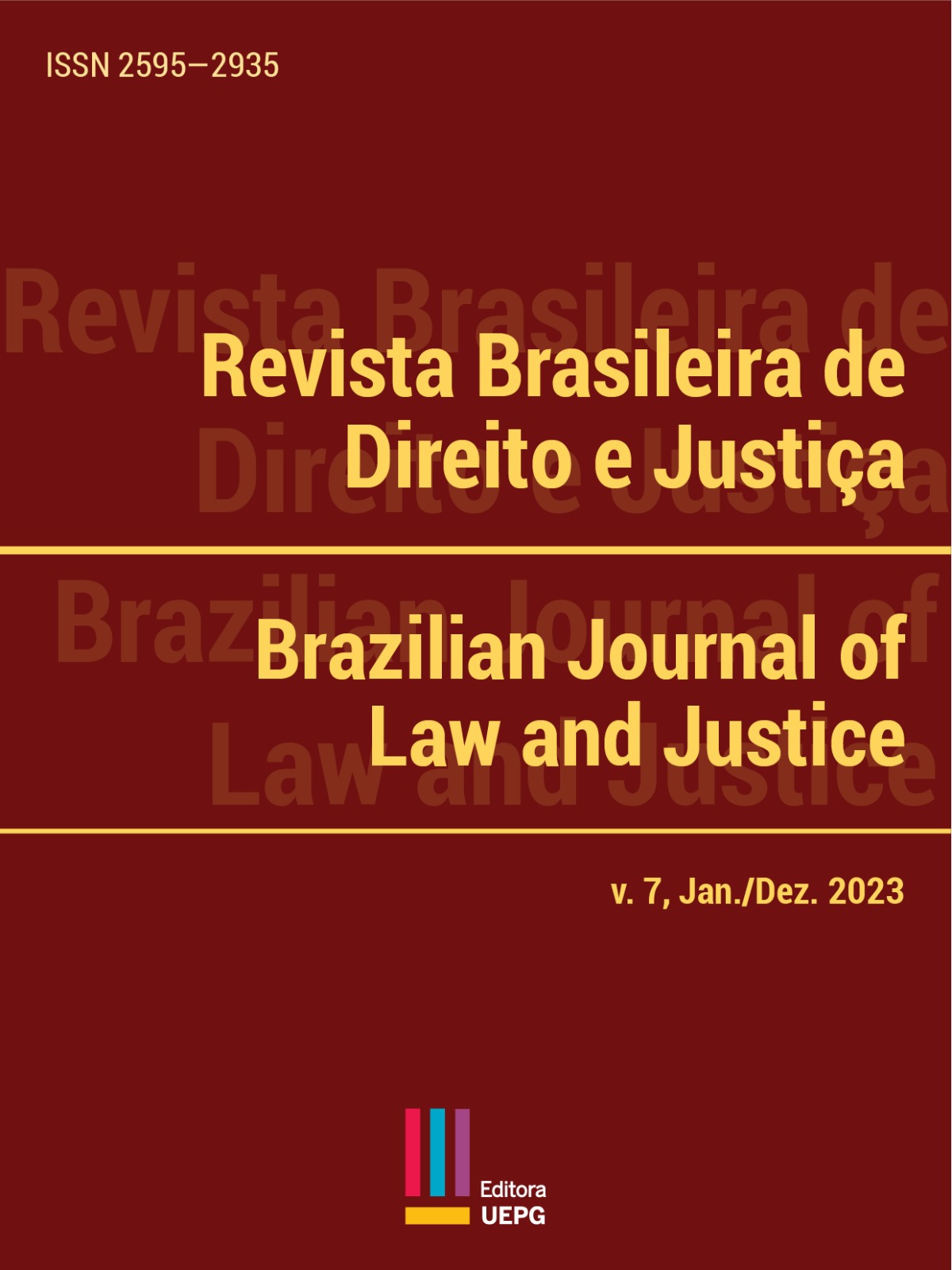BREAKING BAD OR BREAKING BARRIERS?
DEATH PENALTY AND AMERICAN EXCEPTIONALISM IN THE HUMAN RIGHTS ERA
Abstract
The article primarily aims to explore the dynamics of the death penalty in the United States, particularly in the context of the apparent conflict between the jurisprudence of the U.S. Supreme Court and international law. It specifically seeks to investigate how American exceptionalism influences and is reflected in the Supreme Court's death penalty decisions, illustrating how this exceptionalism manifests through national jurisprudence that often conflicts with international norms. A critical analysis of the intersection between the U.S. Supreme Court jurisprudence and international law is undertaken, with a focus on the death penalty and American exceptionalism. Through the examination of significant cases, such as Breard v. Greene and Medellín v. Texas, this work exposes the essence of American sovereignty in a global context. It highlights the tension between the unique character of American law and international pressure to adhere to universal norms and values. Furthermore, the article offers reflections on the uncertain future of international law and the contentious issue of the death penalty in the U.S., making a plea for the humanization of the law.
Downloads

Downloads
Published
Issue
Section
License
Authors who publish in this journal agree to the following terms:
1. Authors maintain copyright and grant the journal the right of first publication, with the work simultaneously licensed under the Creative Commons Attribution License that allows for the sharing of work with recognition of its authorship and initial publication in this journal.
2. This journal offers open access to its content to promote the visibility of articles and reviews published. For more information on this approach, visit the Public Knowledge Project, a project that improves the academic and public quality of research studies. This project supports the OJS and other open access publishing software for academic sources. Names and email addresses included on this site will be used exclusively for the journal's purposes and are not available for other purposes.

